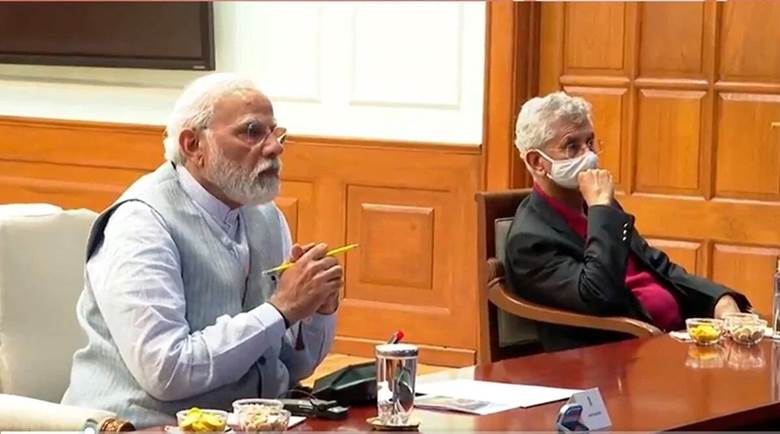NATO

Copyright infringement is not intended
Context: Away from public glare, India held its first political dialogue with NATO on December 12, 2019.
Details:
- Attended by senior officials including from the Ministry of External Affairs and the Ministry of Defence, it is learnt that the idea was to ensure that the dialogue was primarily political in character and to avoid making any commitment on military or other bilateral cooperation.
- Accordingly, the Indian delegation essentially attempted to assess cooperation on regional and global issues of mutual interest.
- India’s talks with NATO hold significance given that the North Atlantic alliance has been engaging both China and Pakistan in bilateral dialogue.
- There was a view here that given the role of Beijing and Islamabad in New Delhi’s strategic imperatives, reaching out to NATO would add a key dimension to India’s growing engagement with US and Europe.
- The government was of the view that engaging NATO in a political dialogue would provide New Delhi an opportunity to bring about a balance in NATO’s perceptions about the situation in regions and issues of concerns to India.
- Otherwise, the alliance’s engagement with China and Pakistan separately would leave it with lopsided perspectives on regional and global security matters of concern to India.
- In NATO’s view, India, given its geo-strategic position and unique perspectives on various issues, was relevant to international security and can be an important partner in informing the alliance about India’s own region and beyond.
- In New Delhi’s assessment, there was a convergence in the perspectives of both India and NATO on China, terrorism, and Afghanistan, including Pakistan’s role in Afghanistan.
- The first dialogue, it is learnt, revealed three critical issues on which India expected only limited common ground with NATO:
- from NATO’s perspective, it was not China, but Russia whose aggressive actions, continued to be the main threat to Euro-Atlantic security, and that NATO had faced difficulties to convene meetings of NATO-Russia Council due to Russian refusal to place issues such as Ukraine and Intermediate-Range Nuclear Forces Treaty, on the agenda,
- Given the divergence among NATO countries, its view on China was seen as mixed; while it did deliberate on China’s rise, the conclusion was that China presented both a challenge and an opportunity , and
- in Afghanistan, NATO saw the Taliban as a political entity, which was not in line with India’s stance. This was almost two years before the Taliban announced an interim government in Afghanistan in September 2021.
To read more: https://www.iasgyan.in/daily-current-affairs/north-atlantic-treaty-organization-nato-20




1.png)
